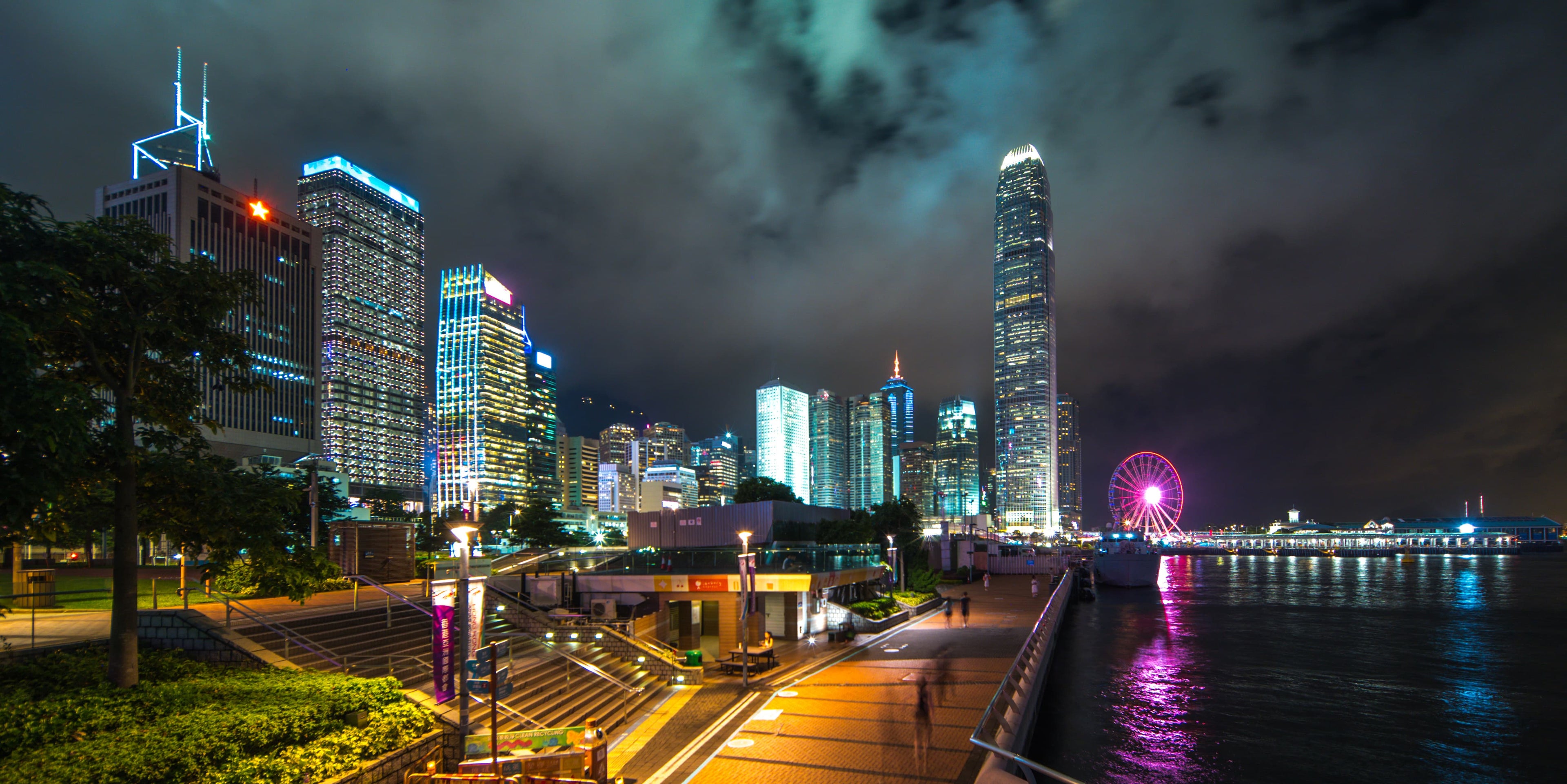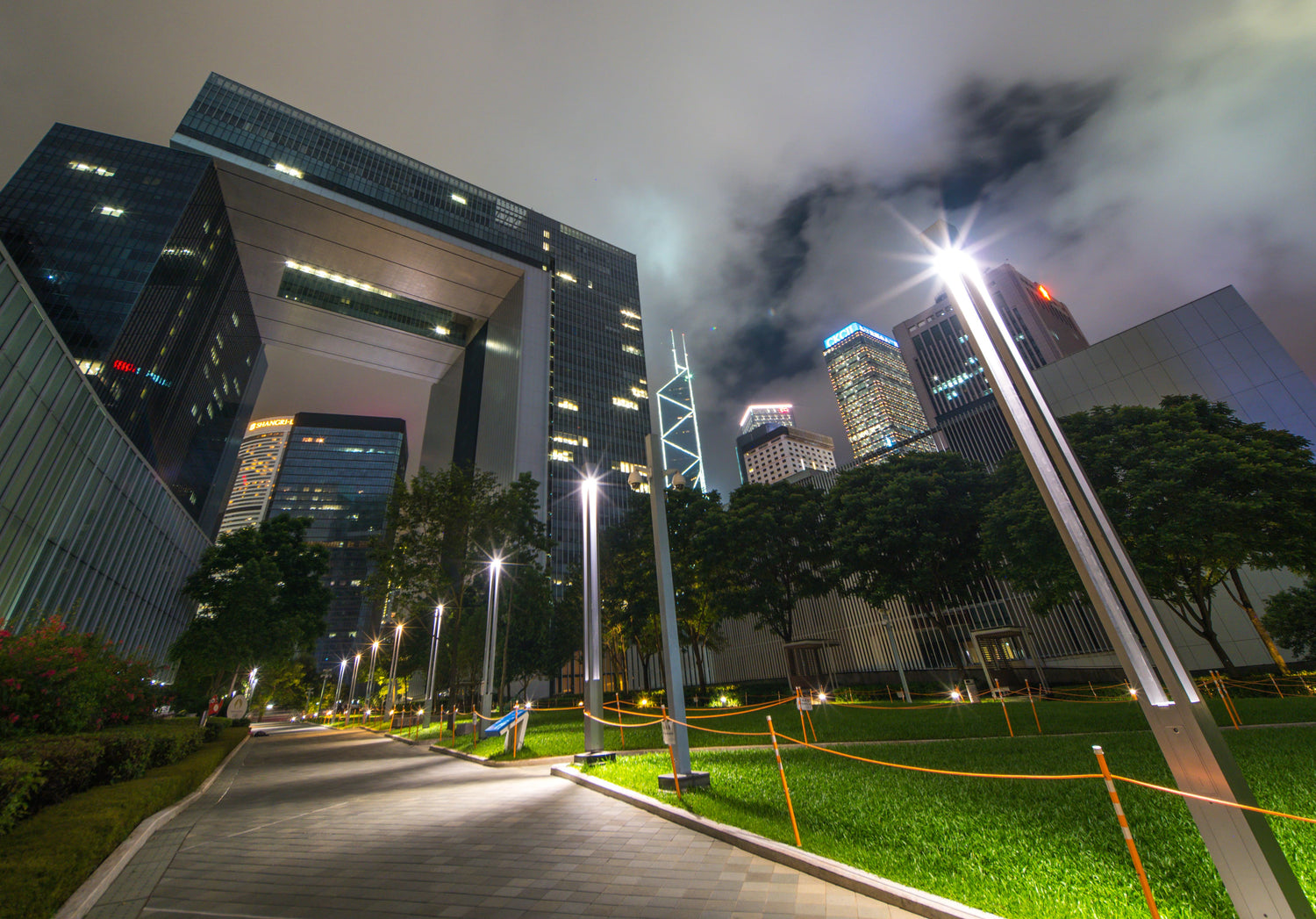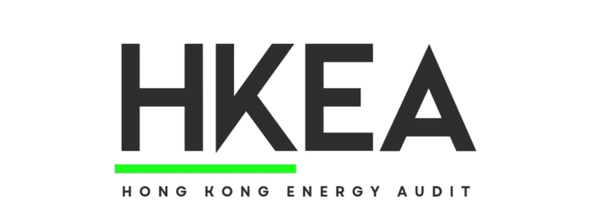
Energy efficiency optimization
Power usage optimization
Energy efficiency optimization is a very important environmental protection task in Hong Kong. 90% of the greenhouse gas emissions in Hong Kong come from power generation, so the primary target of energy efficiency optimization is to save electricity. In the energy audit project, energy audits are conducted on four types of building service devices. Registered energy assessors identify energy-saving opportunities for designated buildings and provide relevant energy-saving methods or engineering suggestions.
Energy efficiency optimization of 4 building services installations
air conditioning unit
- Through regular maintenance and upgrades, water-side and air-side HVAC systems can be optimized for energy efficiency.
- Implementing variable frequency drives (VFD) for pumps and fans can regulate energy consumption according to demand.
- Upgrading to energy-efficient HVAC equipment and implementing smart control systems can result in significant energy savings.
lighting fixtures
- By updating your lighting system with energy-efficient LED fixtures, you can significantly reduce energy consumption.
- Implement lighting control systems such as occupancy sensors, daylight harvesting and dimming controls to further optimize energy use.
- Upgrading to a smart lighting system can enhance energy savings by allowing remote monitoring and control.
Electrical device
- Upgrading to high-efficiency motors and power factor correction equipment can improve the overall efficiency of your electrical system.
- Implementing sub-metering for different electrical loads can help identify areas for optimization and reduce unnecessary energy consumption.
- Regular energy audits and monitoring can provide valuable insights into improving the energy performance of electrical equipment.
Lifts and escalators
- Making lift systems more efficient through modernization and maintenance can reduce energy consumption.
- Implementing regenerative drives and efficient electric motor systems can optimize energy use during operation.
- Intelligent scheduling and control systems can further improve energy efficiency by reducing idle time and optimizing usage patterns.
Reducing energy use and improving energy efficiency through energy-saving methods in the product and service process will positively improve environmental protection and building operating costs. You can contact our customer service representatives and our registered energy efficiency assessors at any time. We will provide you with the most suitable energy-saving solutions. Through energy-saving project suggestions, we can significantly reduce the building's electricity consumption, optimize costs and enhance corporate competitiveness.
Energy Efficiency Optimization Tips
Enterprises can also improve employees' awareness of energy conservation through education, and cooperate with energy-saving projects to contribute to the major issue of energy conservation and emission reduction, creating a double win.
- In summer, adjust and maintain the air conditioner room temperature at 24 to 26 degrees Celsius.
- Turn off office equipment when not in use.
- Choose office equipment with time switches or automatic shutdown functions. Avoid leaving equipment in standby mode for long periods of time or during non-office hours.
- When purchasing office equipment, choose models with high energy efficiency, such as those with an energy label.
- Maintain office equipment regularly to maintain optimal energy efficiency.
- Before leaving the office, arrange for the last employee to check and turn off the power of all air conditioners, lighting and office equipment that are not in use.

HKEA Audit Team Qualifications:
1. More than 13 years of experience in the field of sustainable development, focusing on energy performance optimization.
2. Possess the qualification of Registered Energy Assessor (REA) and have rich background in building services engineering.
3. Expertise in implementing and optimizing energy efficiency measures in building systems.
4. Chartered Engineer with extensive technical and practical knowledge.
5. Member of the Hong Kong Green Building Council (HKGBC) committee, contributing to industry standards and practices.
6. Guest lecturer at the Chinese University of Hong Kong (CUHK) and the University of Hong Kong (HKU) to cultivate future industry leaders.
7. Actively participate in public speaking and present at industry seminars.
8. Published many papers and articles on sustainable development.
9. Proven track record of leading successful sustainability projects and achieving significant energy savings.
10. Passionate about driving innovation and continuous improvement in the field of sustainable development.
Blog
View all-

【港燈篇-節能設備資助?HKEA助你申請】
除了中電之外,港燈亦有節能設備資助計劃,資助是港燈「智惜用電關懷基金」下的計劃,資助的對象是非住宅電力賬戶的客戶在其位於港燈供電範圍內的處所更換節能設備,暫時接受申請的有效期至2033年12月31日、或者該基金全數用盡,亦有機會透過聯合檢討訂立日期(已較早日期為準)。本文會就港燈節能設備資助計劃的申請資格、要求、程序等作基本介紹,我們 HKEA 的節能團隊亦會由申請開始到完成全程跟進,歡迎聯絡我們查詢。
【港燈篇-節能設備資助?HKEA助你申請】
除了中電之外,港燈亦有節能設備資助計劃,資助是港燈「智惜用電關懷基金」下的計劃,資助的對象是非住宅電力賬戶的客戶在其位於港燈供電範圍內的處所更換節能設備,暫時接受申請的有效期至2033年12月31日、或者該基金全數用盡,亦有機會透過聯合檢討訂立日期(已較早日期為準)。本文會就港燈節能設備資助計劃的申請資格、要求、程序等作基本介紹,我們 HKEA 的節能團隊亦會由申請開始到完成全程跟進,歡迎聯絡我們查詢。
-

【建築物能源效益修訂條例草案 5大重點】
《建築物能源效益修訂條例草案》於2025年3月26日立法會會議動議二讀,著墨能源審核5大改革重點, 香港作為高密度都市,建築物耗能佔全港電力用量90%,相關碳排放更超過總量50%。自2012年《建築物能源效益條例》(第610章)實施以來,雖已推動2,300幢新建建築、15,000項主要裝修工程符合能效標準,並完成2,700幢建築的能源審核,但面對全球淨零趨勢與本地電力需求增長,既有框架亟待升級。環境及生態局局長謝展寰提出《2025年建築物能源效益(修訂)條例草案》,聚焦能源審核制度革新5大重點及方向
【建築物能源效益修訂條例草案 5大重點】
《建築物能源效益修訂條例草案》於2025年3月26日立法會會議動議二讀,著墨能源審核5大改革重點, 香港作為高密度都市,建築物耗能佔全港電力用量90%,相關碳排放更超過總量50%。自2012年《建築物能源效益條例》(第610章)實施以來,雖已推動2,300幢新建建築、15,000項主要裝修工程符合能效標準,並完成2,700幢建築的能源審核,但面對全球淨零趨勢與本地電力需求增長,既有框架亟待升級。環境及生態局局長謝展寰提出《2025年建築物能源效益(修訂)條例草案》,聚焦能源審核制度革新5大重點及方向
-

【申請成為REA有甚麼要求?能源審核必備的專業身份】
香港能源審核必須由註冊能源效益評核人REA負責,要成為REA有甚麼要求?據香港機電工程署的紀錄,截至2025件3月份,全港持有 REA(Registered Energy Assessors)身份的人士只有不足1,450個,要维持註冊能源效益評核人的身份,並非考完試就終生有效,由於節能減排是國家級任務,所以對考取到註冊能源效益評核人身份的人士都有高規格要求,並需持續報名有關專業課程進修。在2025年政府有機會通過能源審核修訂,將會有大量建築物納入強制能源審核的範圍,如果你對成為REA有興趣,本文內容萬勿錯過。
【申請成為REA有甚麼要求?能源審核必備的專業身份】
香港能源審核必須由註冊能源效益評核人REA負責,要成為REA有甚麼要求?據香港機電工程署的紀錄,截至2025件3月份,全港持有 REA(Registered Energy Assessors)身份的人士只有不足1,450個,要维持註冊能源效益評核人的身份,並非考完試就終生有效,由於節能減排是國家級任務,所以對考取到註冊能源效益評核人身份的人士都有高規格要求,並需持續報名有關專業課程進修。在2025年政府有機會通過能源審核修訂,將會有大量建築物納入強制能源審核的範圍,如果你對成為REA有興趣,本文內容萬勿錯過。



